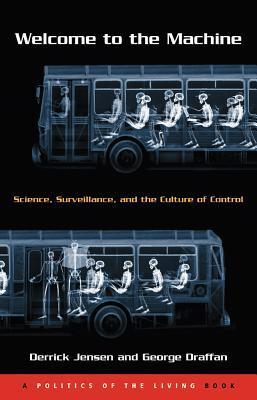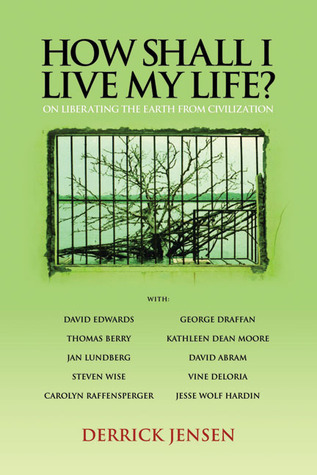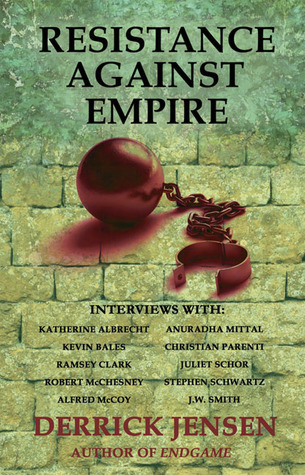
The Culture of Make Believe
Book Description
What if the greatest danger lies not in the physical world, but in the very structures we create to hold it together? Derrick Jensen's 'The Culture of Make Believe' exposes the insidious connections between human violence and environmental destruction, unraveling a web of cultural deceit that leaves society in peril. Through vivid stories and stark truths, Jensen challenges the roots of systemic oppression and questions the morality of a world that prioritizes profit over life. As the narratives unfold, the urgency builds: Can humanity confront the lies it clings to before it's too late?
Quick Book Summary
In 'The Culture of Make Believe,' Derrick Jensen investigates how deep-seated cultural lies foster violence, environmental devastation, and systemic oppression. By examining society’s tendency to construct and cling to comforting illusions, Jensen uncovers the roots of brutality not as random or individual acts, but as outcomes conditioned by economic, political, and philosophical systems. He draws provocative connections between historical atrocities, contemporary corporate behavior, and the destruction of the natural world, arguing that these are not separate phenomena but symptoms of a culture built on denial and deceit. Through gripping narrative and analysis, Jensen compels readers to question the morality and sustainability of modern society—and to consider what it would take to create a genuinely just and compassionate world.
Summary of Key Ideas
Table of Contents
The Illusion of Separation and Control
Jensen opens the book by examining the false belief that humans are separate from nature and from each other—a delusion underpinning Western culture. This illusion of separation enables societies to justify dominance over the natural world and other people. Through historical anecdotes, Jensen reveals how this mindset fosters an environment where exploitation and violence are normalized as expressions of control, leading to both ecological devastation and social injustice.
Systemic Violence and Cultural Conditioning
The author details the ways in which violence—be it racial, economic, or environmental—is not isolated or abnormal but ingrained within our societal structures. Jensen uses case studies from corporate crimes to historical atrocities to illustrate how violence serves the interests of power, often cloaked in legal and cultural legitimacy. The permeability between personal cruelty and institutional violence is explored, showing how individuals internalize and perpetuate oppressive scripts handed down by culture.
Economic Incentives and Moral Corruption
Jensen contends that economic systems, especially capitalism, incentivize and reward destructive behaviors while masking the resulting harm. Corporations and governments maintain a façade of benevolence or neutrality, but often operate in ways that erode communities and ecosystems. The pursuit of profit justifies unethical means, and economic reasoning becomes an excuse for moral disengagement. Jensen underscores how profit and exploitation intertwine, perverting our sense of right and wrong.
Denial, Deception, and Manufactured Consent
Denial is central to maintaining these systems. Through storytelling, education, and media, societies collectively deceive themselves, obscuring uncomfortable truths. Manufactured consent is achieved by limiting the scope of acceptable discourse and encouraging citizens to rationalize or ignore injustice. By presenting examples from popular culture and politics, Jensen reveals how narratives are manipulated to serve those in power, keeping harmful systems intact.
Pathways to Resistance and Transformation
As the book concludes, Jensen explores the difficult but necessary process of awakening to reality and resisting cultural lies. He looks at historical and contemporary acts of resistance, highlighting the courage it takes to confront comfortable falsehoods. The book calls for a transformation of values and systems, urging readers to foster genuine connection, compassion, and honesty. Ultimately, Jensen posits that meaningful change requires dismantling the cultural narratives that perpetuate violence and forging new stories grounded in empathy and ecological respect.
Download This Summary
Get a free PDF of this summary instantly — no email required.





